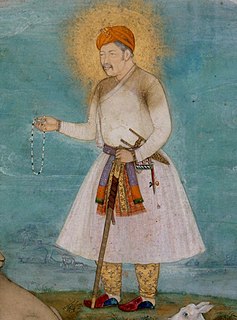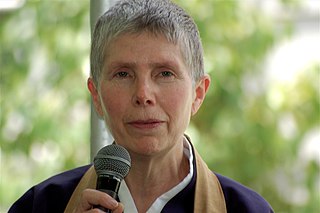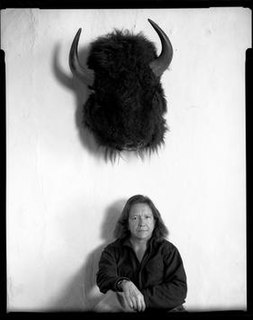A Quote by Thomas Paine
Death is not the monarch for the dead, but of the dying. The moment he obtains a conquest he loses a subject.
Related Quotes
When one existentially awakens from within, the relation of birth-and-death is not seen as a sequential change from the former to the latter. Rather, living as it is, is no more than dying, and at the same time there is no living separate from dying. This means that life itself is death and death itself is life. That is, we do not shift sequentially from birth to death, but undergo living-dying in each and every moment.
There's a double meaning in the film The Conquest. First, the conquest of power at the UMP party and how Sarkozy had to fight his colleagues inside the party so that it was him running for President. He wins the political conquest, but he loses the feminine conquest in that his wife leaves him. It's hard for a President to be single - that's never happened.
But we are not interested in death at all: rather, we escape the facts, we are continuously escaping the facts. Death is there, and every moment we are dying. Death is not something far away, it is here and now: we are dying. But while we are dying we go on being concerned about life. This concern with life, this over concern with life, is just an escape, just a fear. Death is there, deep inside - growing.
The conquest of the fear of death is the recovery of life's joy. One can experience an unconditional affirmation of life only when one has accepted death, not as contrary to life, but as an aspect of life. Life in its becoming is always shedding death, and on the point of death. The conquest of fear yields the courage of life. That is the cardinal initiation of every heroic adventure - fearlessness and achievement.
Do I fear death? No, I am not afraid of being dead because there's nothing to be afraid of, I won't know it. I fear dying, of dying I feel a sense of waste about it and I fear a sordid death, where I am incapacitated or imbecilic at the end which isn't something to be afraid of, it's something to be terrified of.
For years, I have been stalked by a bad reputation. Actually, I have been pursued by people who have regarded me as the 'Death and Dying' Lady. They believe that having spent more than three decades in research into death and life after death qualifies me as an expert on the subject. I think they miss the point.
Every subject's duty is the King's; but every subject's soul is his own. Therefore, should every soldier in the wars do as every sick man in his bed, wash every mote out of his conscience; and dying so, death is to him advantage; or not dying, the time was blessedly lost wherein such preparation was gained; and in him that escapes, it were no sin to think that, making God so free an offer, He let him outlive the day to see His greatness and to teach others how they should prepare.
To our real, naked selves there is not a thing on earth or in heaven worth dying for. It is only when we see ourselves as actors in a staged (and therefore unreal) performance that death loses its frightfulness and finality and becomes an act of make-believe and a theatrical gesture. It is one of the main tasks of a real leader to mask the grim reality of dying and killing by evoking in his followers the illusion that they are participating in a grandiose spectacle, a solemn or lighthearted dramatic performance.
We know the surrealist solution: concrete irrationality, objective risk. Poetry is the conquest, the only possible conquest, of the 'supreme position', 'a certain position of the mind from where life and death, the real and the imaginary, the past and the future... cease to be perceived in a contradictory sense.'





































